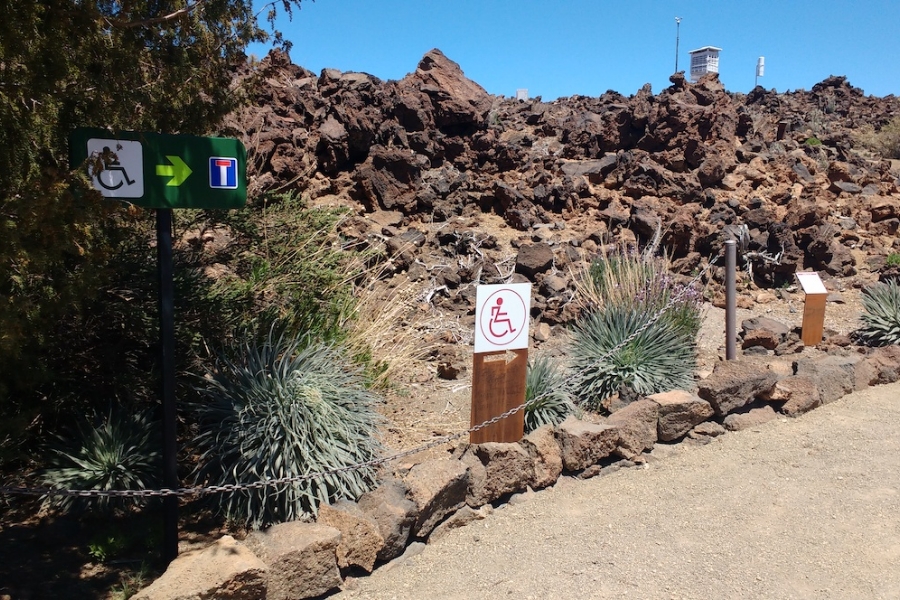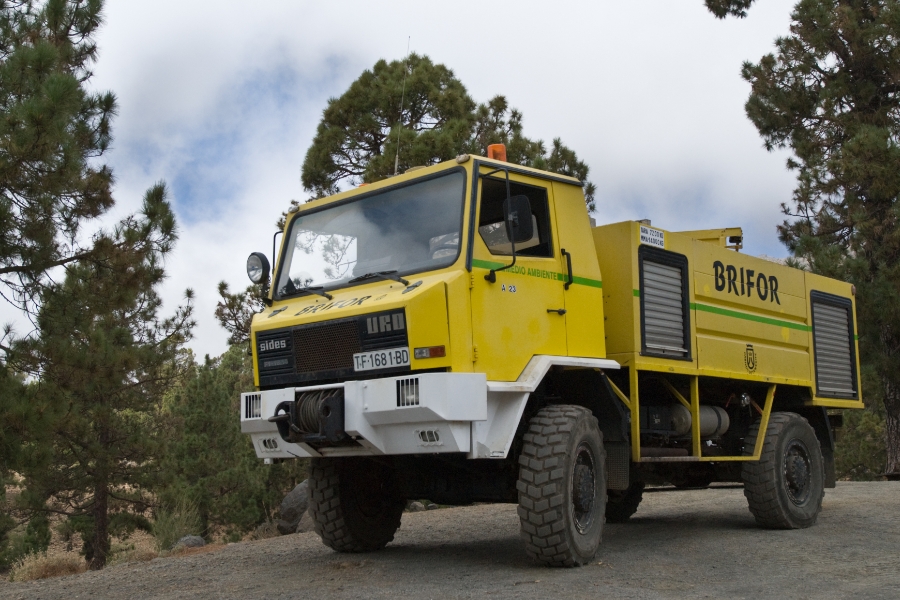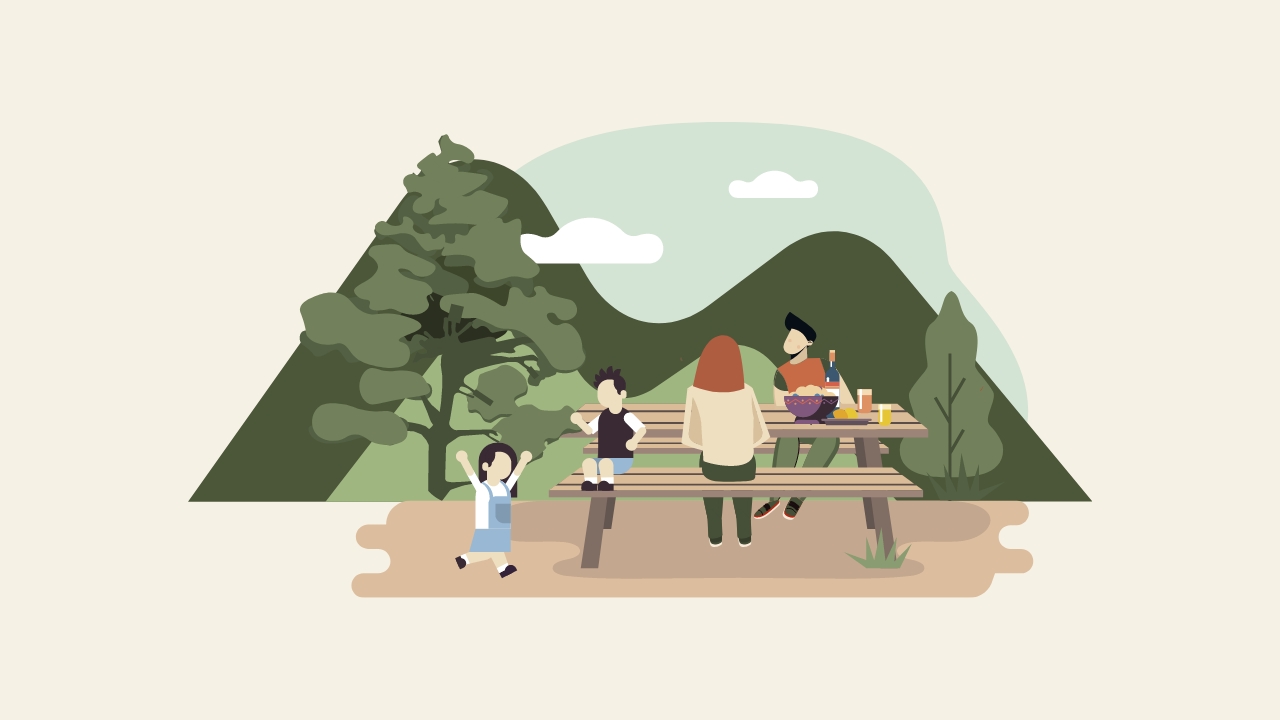Information and good practice in nature
Good practices for motor vehicles in Tenerife
The Protected Natural Areas of our island have 18 forest tracks suitable for motor vehicles.

However, due to the major impact on the environment caused by this activity, the Tenerife Island Council encourages you to try other, more immersive and unique experiences instead. For example:
- Walk any of our 142 trails, many of which are accessible to people with reduced mobility.
- Discover our rich cultural, geological and botanical history in the visitor centres.
- Or spend a day surrounded by friends, good food and nature in our recreational areas.
Do you prefer to head out on a trip in a 4×4 vehicle?
Then please note the following recommendations.
Special considerations for motor vehicles
Due to the nature of this activity, you should pay special attention to the following before and during your trip:
Adverse weather
Check the weather forecast and warnings before setting off and avoid driving your vehicle on these roads on rainy days or in strong winds.
Irregular terrain
The tracks lack protective barriers, and you will often encounter landslides, narrow sections, steep slopes, ravines and slippery surfaces.
Temporary closures
Remember that routes may be temporarily closed due to maintenance work or poor track conditions.
Good practices in Protected Natural Areas
Here are some tips to reduce your impact on the environment when driving in a 4×4 vehicle.
Respect the environment
- Enjoy the Protected Natural Areas and their features (stones, earth, plants, insects, etc.) without altering them.
- Never uproot, cut, collect or damage wild plants or parts of them.
- Do not feed wild animals. You could upset their natural balance and cause them to become ill due to a change of diet.
- Preserve the peace of the forest and its animals by not making loud or disturbing noises.
Leave no trace
- Keep the environment that you visit clean, do not litter or pollute the landscape.
- Make sure you take all your belongings and waste with you when you finish your trip.
Be careful with fire
- Remember that you are only allowed to light fires in the designated barbecues in the recreational areas, provided that it is permitted by the current risk level.
- Never drop matches or cigarette butts on the ground or toss them into the environment. You could cause a devastating natural disaster for the island and its inhabitants.
Follow the rules
- Observe the priority for right of way in the natural environment:
- Hikers and runners.
- Horseriders.
- Cyclists.
- Motor vehicles.
- Follow the instructions, suggestions and observations of the staff managing the area and of other agents of the authority.
- Respect the environment, way of life, privacy and property of the local inhabitants.
- Never leave the tracks provided for motor vehicles; if you do, you could cause irreparable damage to the island’s natural resources.
Help us
- Help us to protect our natural spaces. If you detect any incident (broken or missing signs, tracks in poor condition or any other type of danger), please report it to the environmental agents or law enforcement officers.
Checklist of essentials before setting off
- Check the weather forecast and make sure that it is suitable for the activity.
- Check the state of the roads you are going to take, as they may be closed due to building work, forestry work or environmental restrictions.
- Calculate the hours of daylight you need to complete the planned routes.
- When you pack your bag, make sure you have a mobile phone with a charged battery, sunscreen, a hat, a warm layer of clothing and appropriate footwear, and enough food and drink.
- Take a small first aid kit with you, with all you need to clean wounds, treat bruises or sprains and relieve various symptoms, including your daily medication if you need it.
- Check the condition of your vehicle and take a repair kit in case of a breakdown.
- Preferably carry out the activity in company and inform your family or friends so that they know where to find you if anything unexpected happens.
Do you need urgent help?
Contact the emergency services.
Call 112








